What Are Bitcoin Credit Cards? Everything You Need to Know
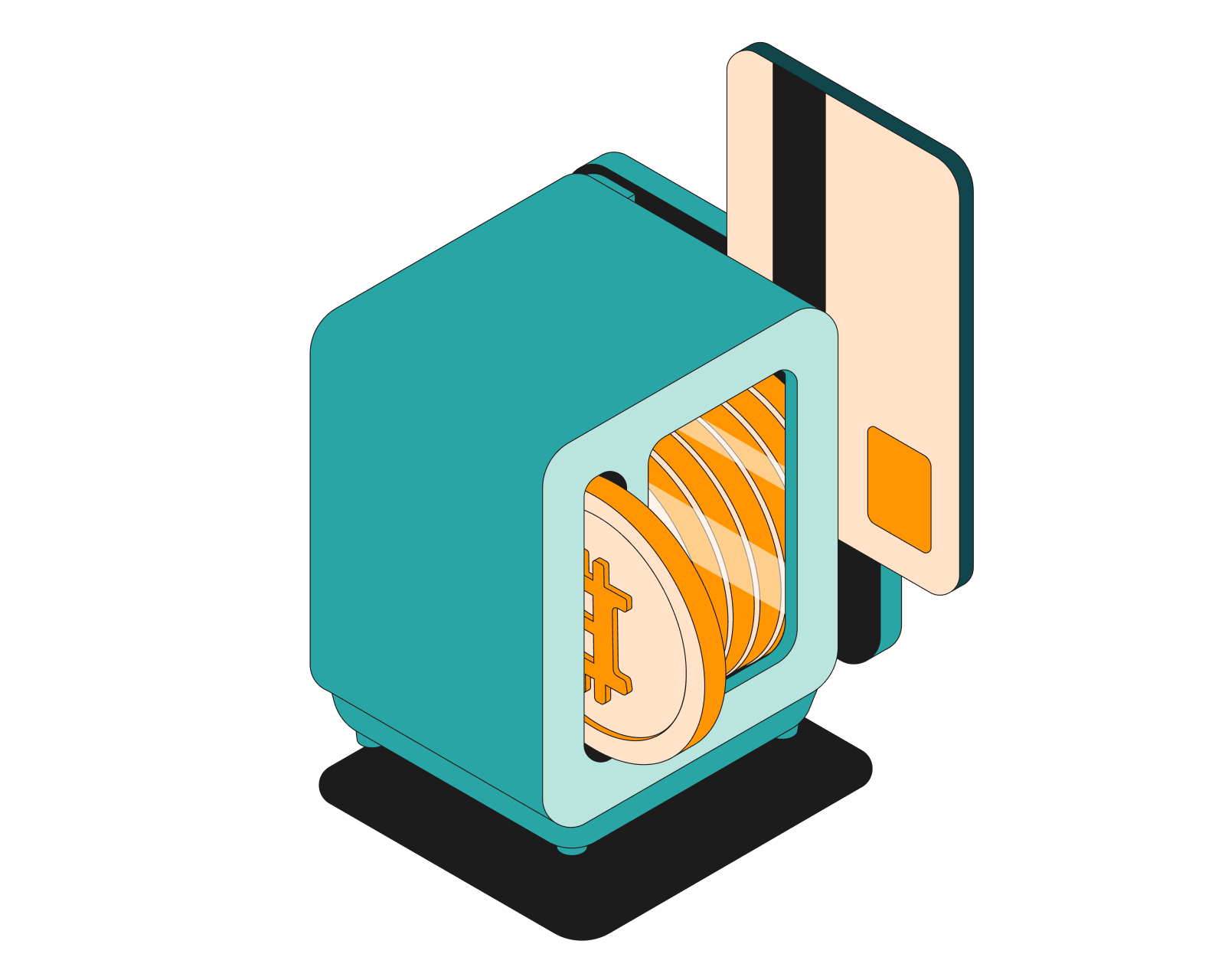
Table of Contents
- Basic Functionality
- Earning Crypto Rewards
- Not Linked Directly to Wallets
- Payment Networks
- Earn Crypto While Spending
- Global Use and Flexibility
- No Manual Conversion Required
- Potential Tax Benefits
- Credit Fees and Interest
- Regulatory Considerations
- Volatility of Crypto Rewards
- Limited Issuer Availability
- Eligibility Criteria
- Verification and Approval
- Can I earn Bitcoin with every purchase?
- How do these cards differ from crypto debit cards?
- Are Bitcoin credit cards available everywhere?
- Do Bitcoin credit cards charge fees?
- Are crypto rewards taxable?
How Do Bitcoin Credit Cards Work?
Basic Functionality
Bitcoin credit cards operate like traditional credit cards, with a key twist: you earn rewards in cryptocurrency. Instead of drawing funds from a crypto wallet, these cards provide a revolving credit line. Purchases are made in fiat currency, but the rewards structure allows you to accumulate Bitcoin or other cryptocurrencies.
If you're interested in starting with a Bitcoin credit card, check out the top crypto credit cards available now.
Earning Crypto Rewards
When you use a Bitcoin credit card for purchases, you earn cashback or points that are converted into cryptocurrency.
You can also explore cashback crypto cards or crypto rewards cards to find the best fit for your spending habits.
Not Linked Directly to Wallets
Unlike debit cards that require a connection to your crypto wallet, Bitcoin credit cards do not need direct access to your digital assets. They function as regular credit cards, with statements that must be paid in fiat currency.
Payment Networks
Crypto credit cards are integrated into established payment networks (e.g., Visa, Mastercard), making them usable anywhere these networks are accepted.
If you're looking for specific network options, consider these:
-
VISA crypto cards for wide acceptance globally
-
Mastercard crypto cards for flexible international use
Advantages of Bitcoin Credit Cards
Earn Crypto While Spending
Instead of traditional cashback or points, Bitcoin credit cards reward users with cryptocurrency, enabling them to accumulate digital assets over time.
Interested in other ways to spend crypto? You might like:
Global Use and Flexibility
Since these cards work on existing credit card networks, you can use them worldwide without worrying about currency conversions or crypto volatility at the time of the transaction.
No Manual Conversion Required
With Bitcoin credit cards, you don’t need to sell your crypto to fiat manually. Although your purchases are billed in fiat, your rewards are automatically converted into crypto.
If you're seeking anonymity in your spending, look into the best anonymous crypto cards that offer no-KYC options.
Potential Tax Benefits
Because the rewards are earned in cryptocurrency rather than being a direct sale of your Bitcoin holdings, they may not trigger taxable events immediately. However, it’s important to confirm this with a tax advisor.
Drawbacks and Considerations
Credit Fees and Interest
As with any credit card, Bitcoin credit cards may have annual fees, late payment penalties, or high-interest rates if balances are not paid off in full.
Regulatory Considerations
Cryptocurrency regulations vary by region, and the availability or functionality of these credit cards may be affected by changes in legislation.
Volatility of Crypto Rewards
While earning Bitcoin or other cryptocurrencies as rewards can be attractive, the value of these rewards is subject to market volatility.
Limited Issuer Availability
Not all banks or financial institutions offer Bitcoin credit cards, and eligibility criteria may vary depending on the issuer and your location.
If you're shopping for alternatives, don’t miss:
-
Crypto cards for real-time spending from your crypto holdings
-
Crypto gift cards for sharing digital assets
-
Solana crypto card to spend SOL directly
How to Apply for a Bitcoin Credit Card
Eligibility Criteria
To apply, you’ll typically need a good credit score and valid identification to pass the issuer’s Know Your Customer (KYC) process.
Verification and Approval
Approval involves identity verification, and some issuers may conduct a credit check. After approval, you’ll receive the card and can start earning crypto rewards through everyday spending.
Related guides
Start from here →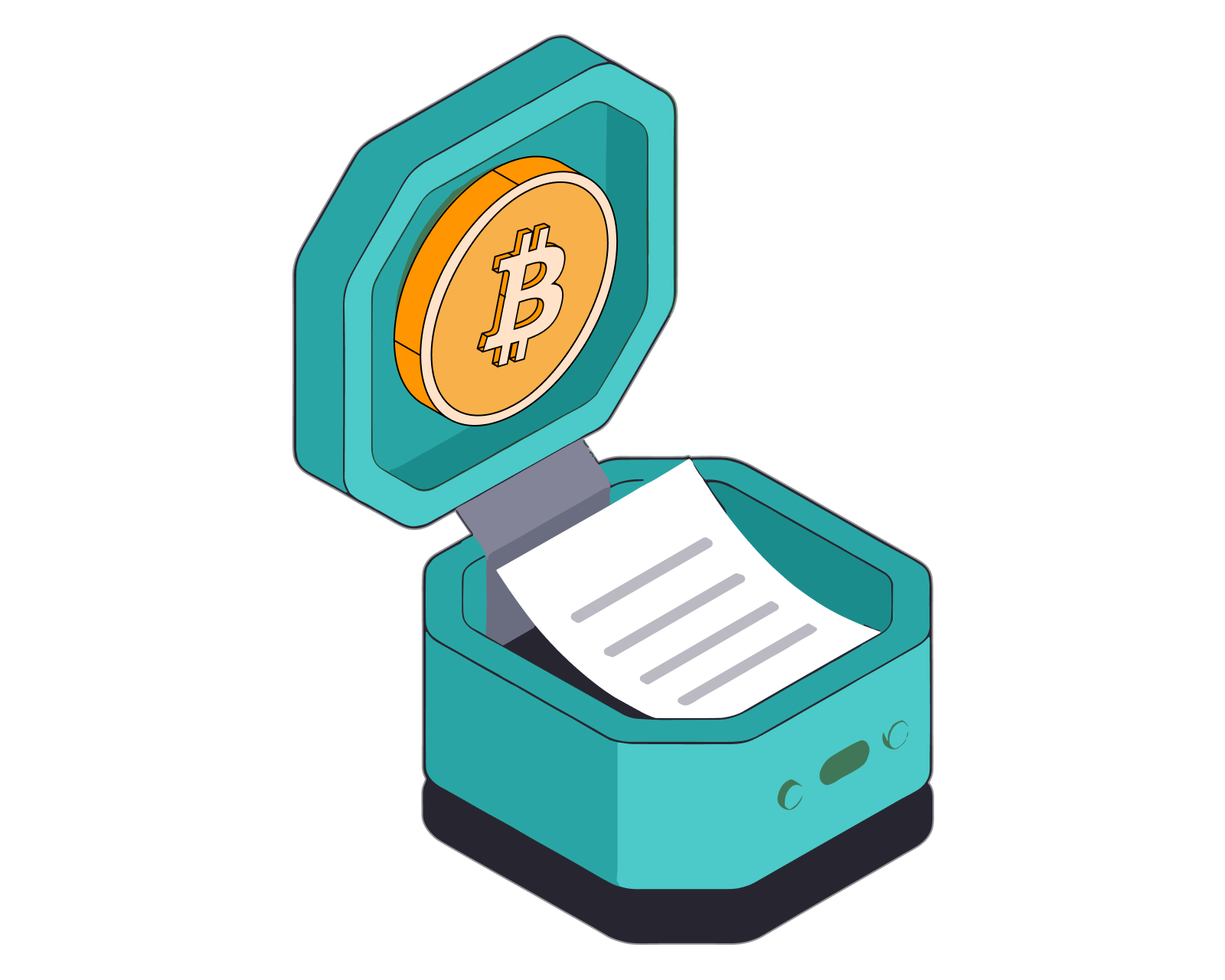
What is Bitcoin mining?
Learn why the process of minting new bitcoins, known as 'Bitcoin mining,' is in some ways similar to the process of extracting precious metals from the earth.

What is Bitcoin mining?
Learn why the process of minting new bitcoins, known as 'Bitcoin mining,' is in some ways similar to the process of extracting precious metals from the earth.
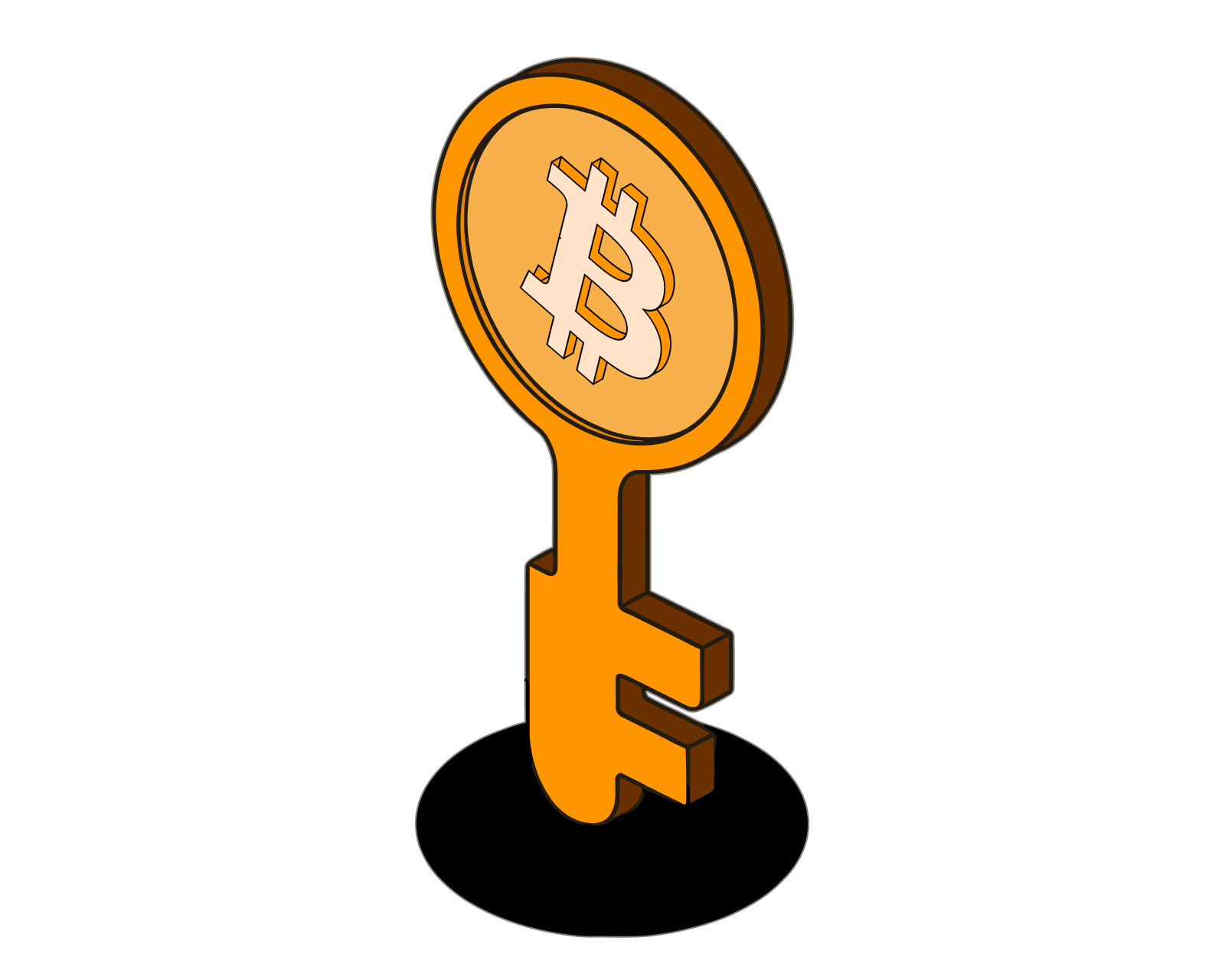
What is Lightning Network?
Learn how Bitcoin's key layer-2 scaling solution works and understand the challenges it faces.

What is Lightning Network?
Learn how Bitcoin's key layer-2 scaling solution works and understand the challenges it faces.
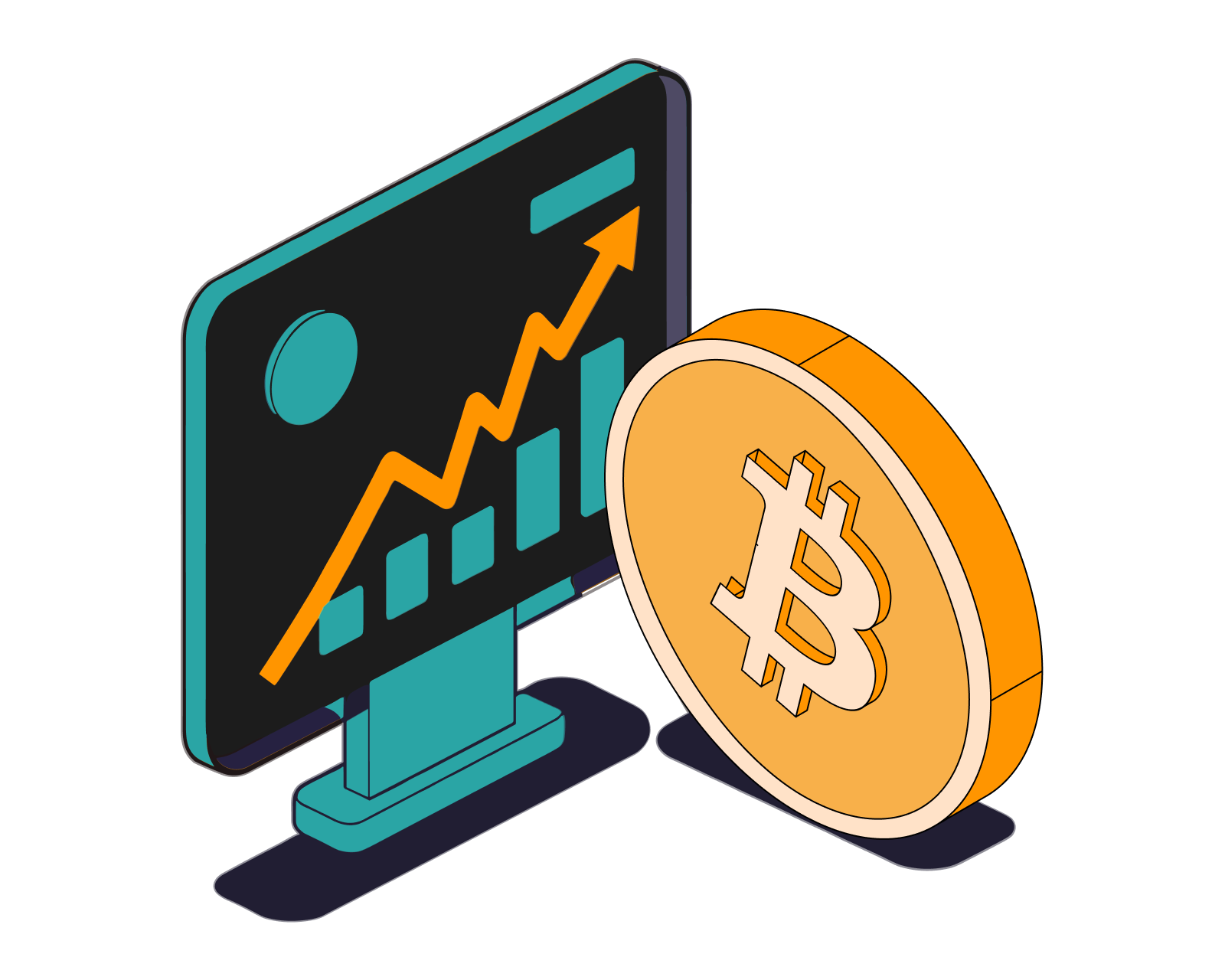
Is Bitcoin a store of value?
Learn how Bitcoin is similar or different to other stores of value, like fiat currency (US dollars) and precious metals (gold).

Is Bitcoin a store of value?
Learn how Bitcoin is similar or different to other stores of value, like fiat currency (US dollars) and precious metals (gold).
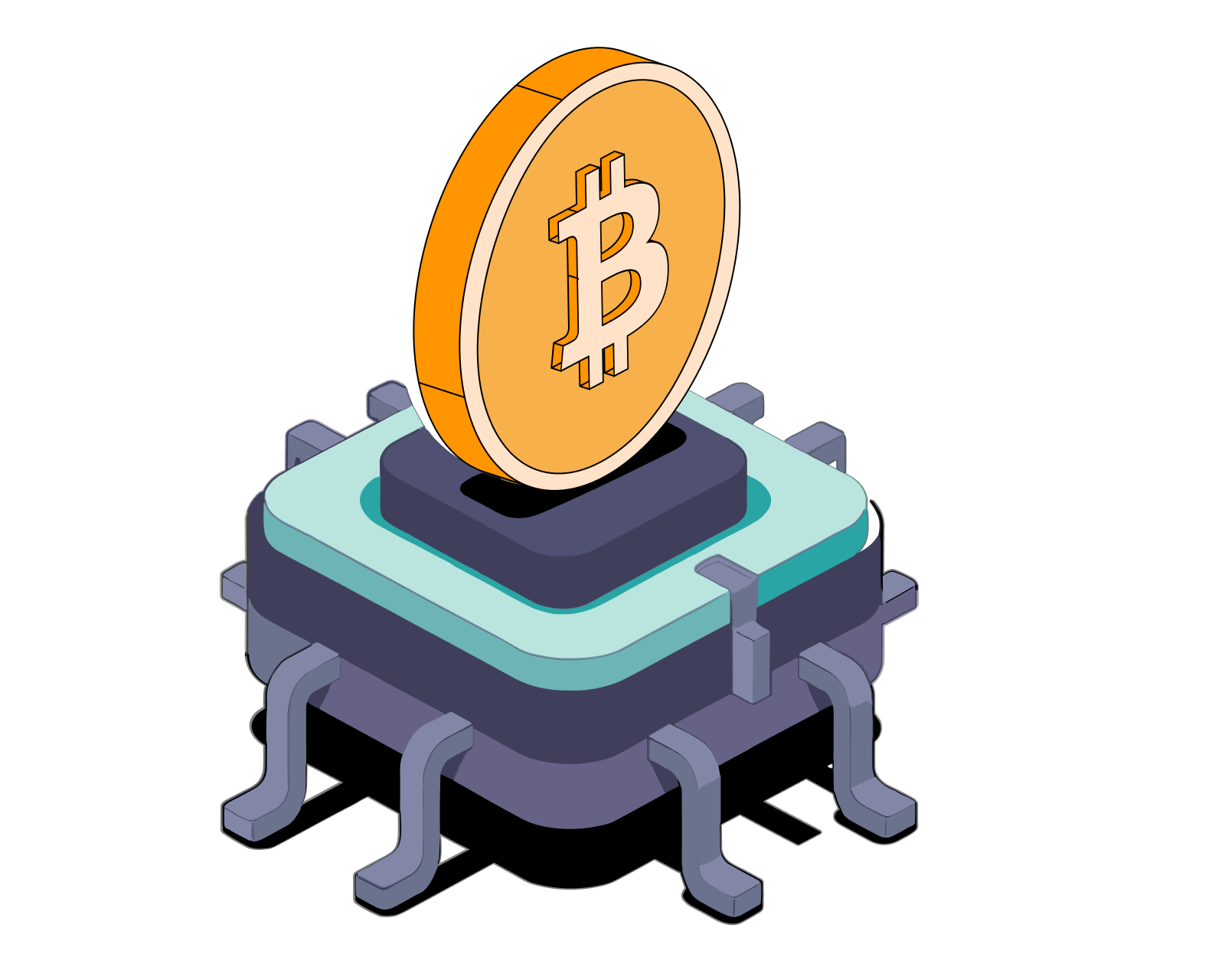
How does Bitcoin compare to other asset classes?
Find out how Bitcoin has performed as an asset class vs. others.

How does Bitcoin compare to other asset classes?
Find out how Bitcoin has performed as an asset class vs. others.
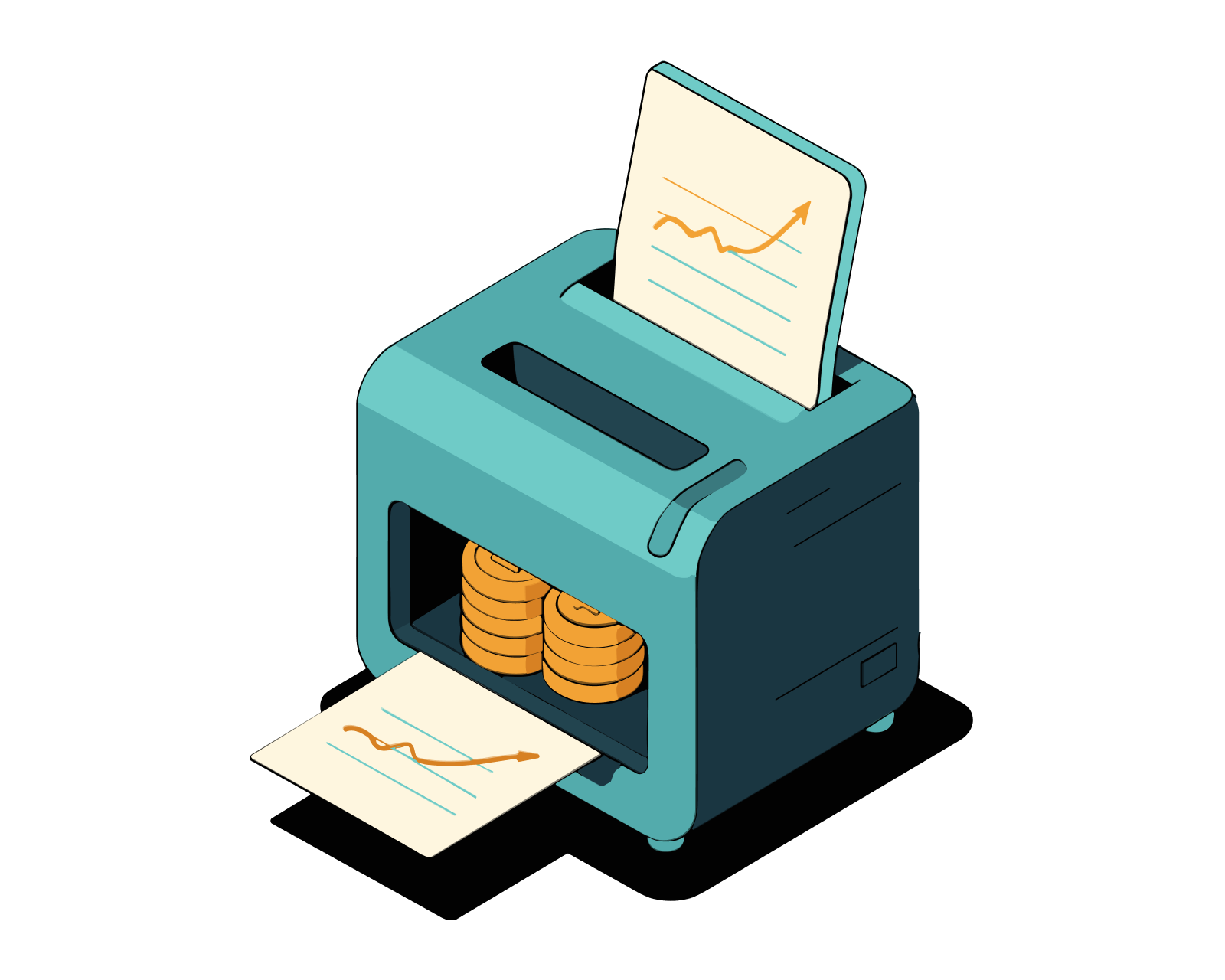
Is Bitcoin a hedge against inflation?
Learn if Bitcoin is a good inflation hedge.

Is Bitcoin a hedge against inflation?
Learn if Bitcoin is a good inflation hedge.
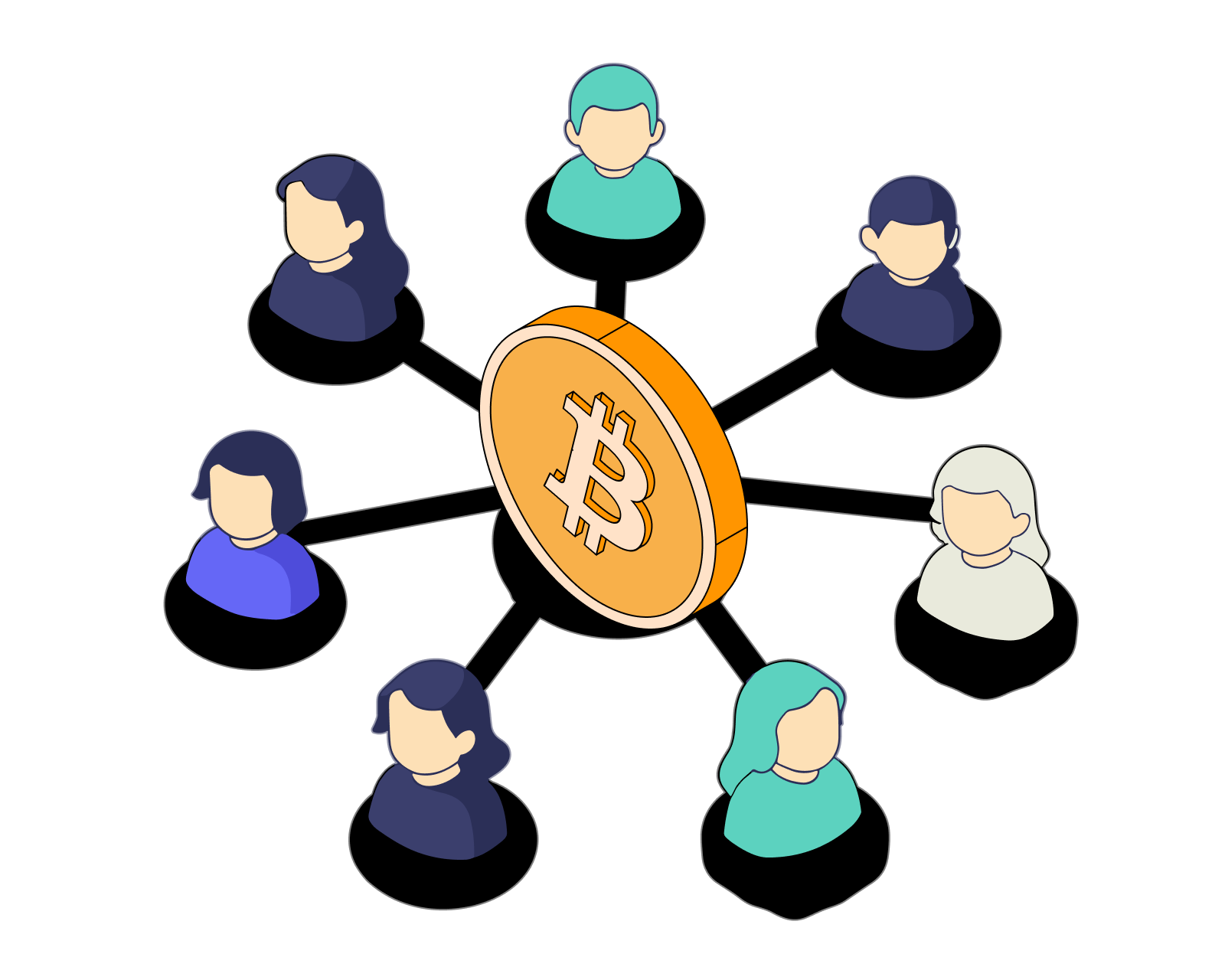
What is a shared Bitcoin wallet?
Learn about shared (multisig) Bitcoin wallets, their advantages and disadvantages, and how they work.

What is a shared Bitcoin wallet?
Learn about shared (multisig) Bitcoin wallets, their advantages and disadvantages, and how they work.
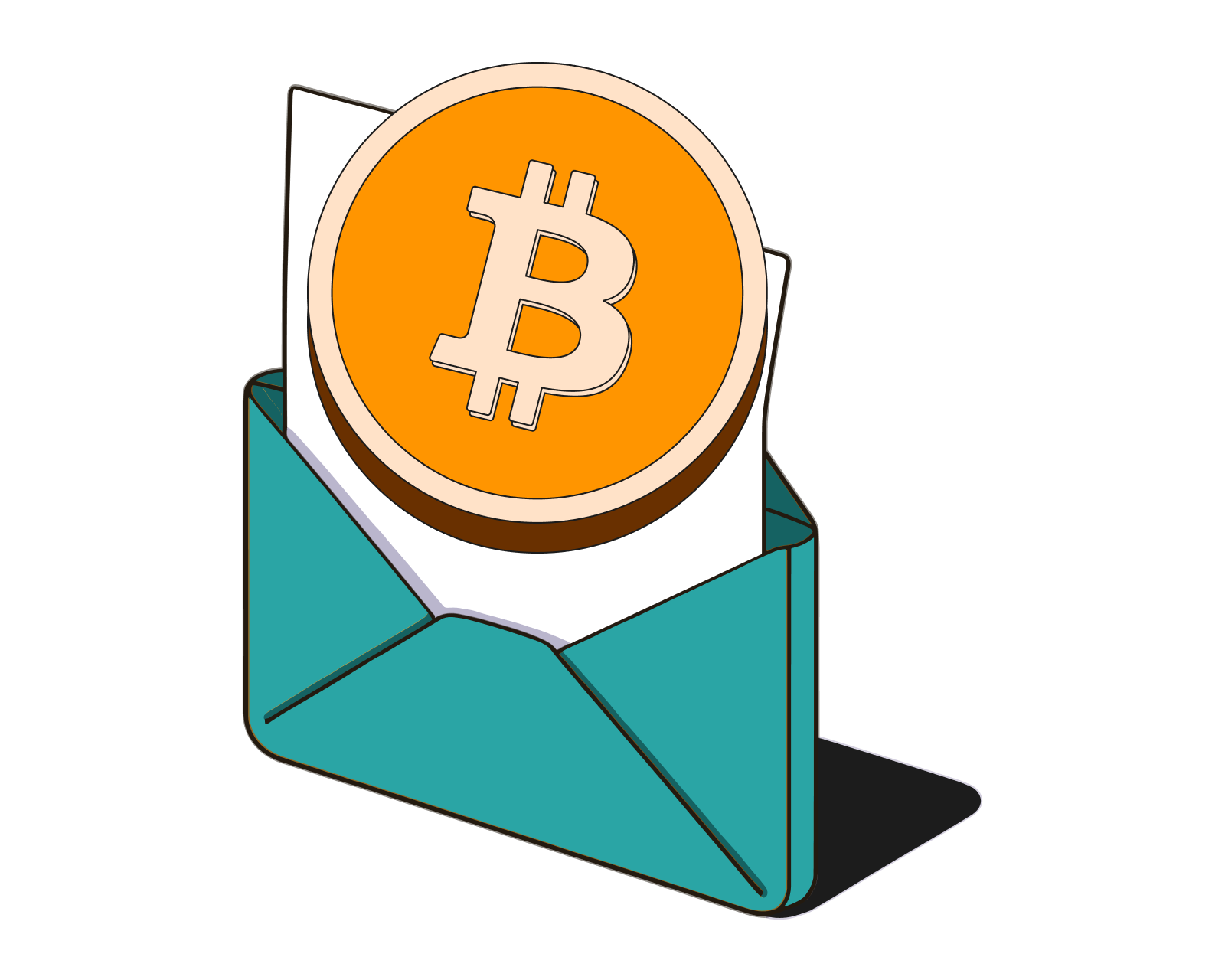
What is Bitcoin governance?
How does the network operate and decide on critical issues?

What is Bitcoin governance?
How does the network operate and decide on critical issues?
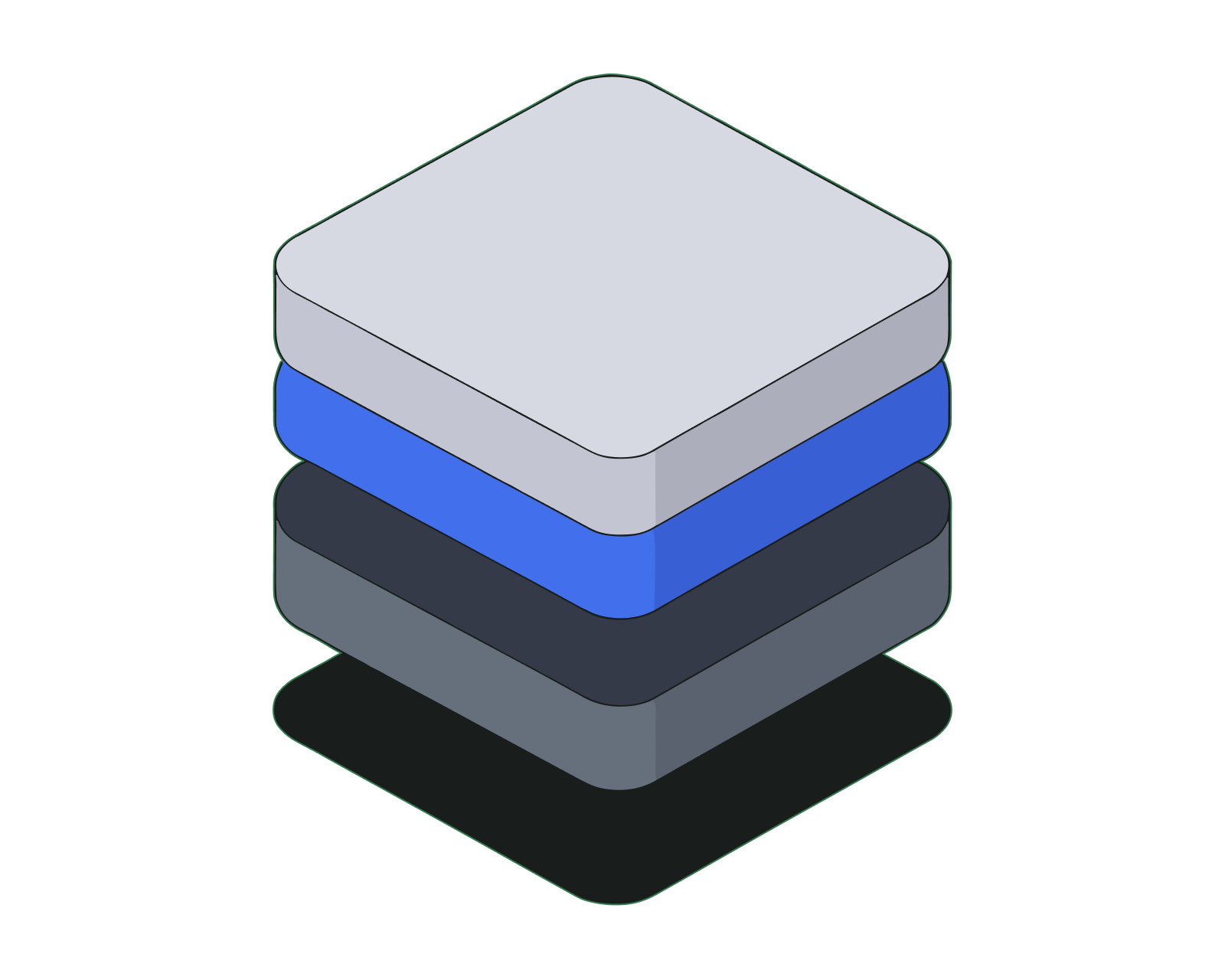
DeFi use cases
Decentralized Finance (DeFi) is bringing access to financial products to everyone. In this article we examine some prominent use cases.

DeFi use cases
Decentralized Finance (DeFi) is bringing access to financial products to everyone. In this article we examine some prominent use cases.

What is censorship resistance?
Censorship resistance is one of crypto's biggest strengths. Learn about its power.

What is censorship resistance?
Censorship resistance is one of crypto's biggest strengths. Learn about its power.
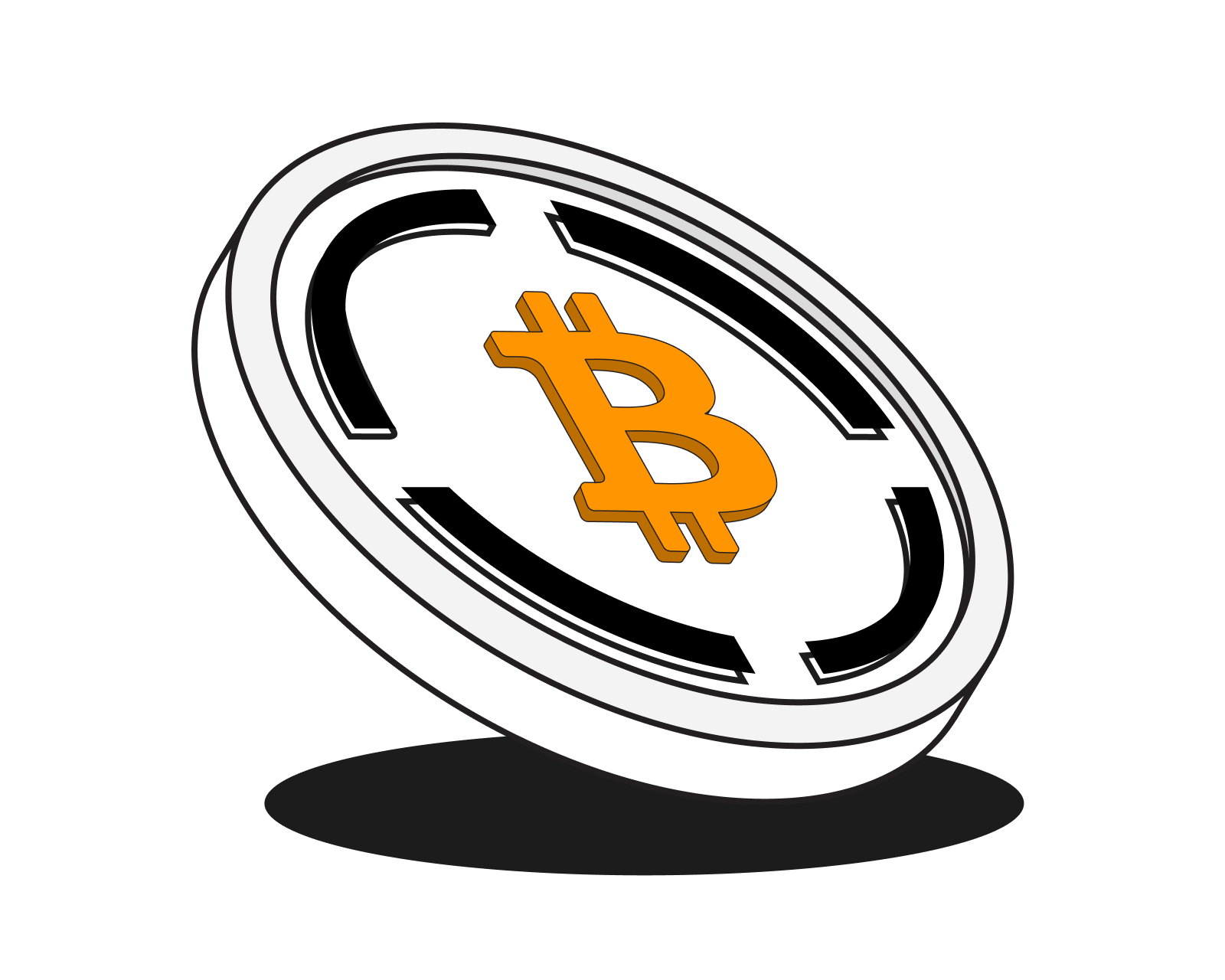
What is WBTC?
WBTC is an important part of the DeFi ecosystem. Learn what it is, and why it’s important.

What is WBTC?
WBTC is an important part of the DeFi ecosystem. Learn what it is, and why it’s important.
STAY AHEAD IN CRYPTO
Stay ahead in crypto with our weekly newsletter delivering the insights that matter most
Weekly crypto news, curated for you
Actionable insights and educational tips
Updates on products fueling economic freedom
No spam. Unsubscribe anytime.
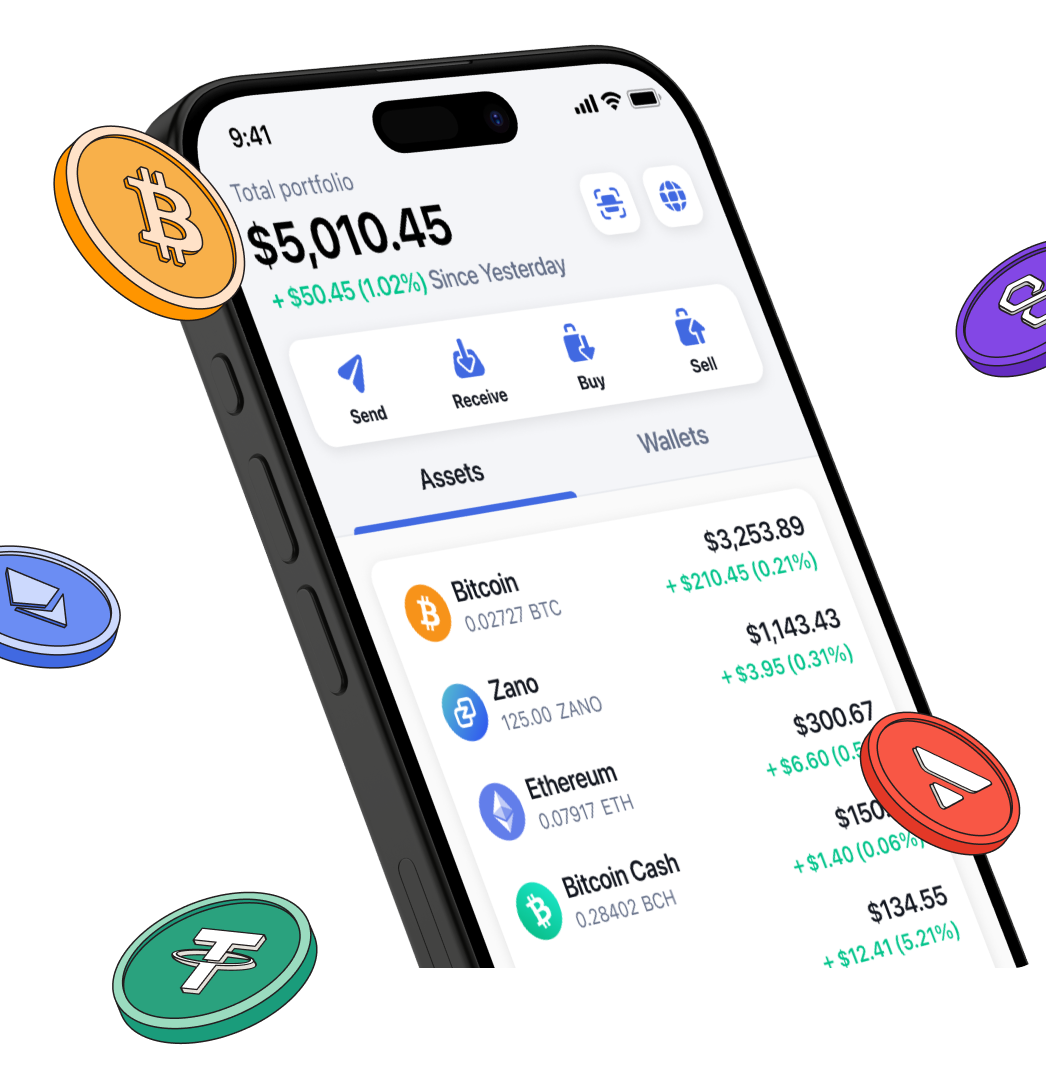
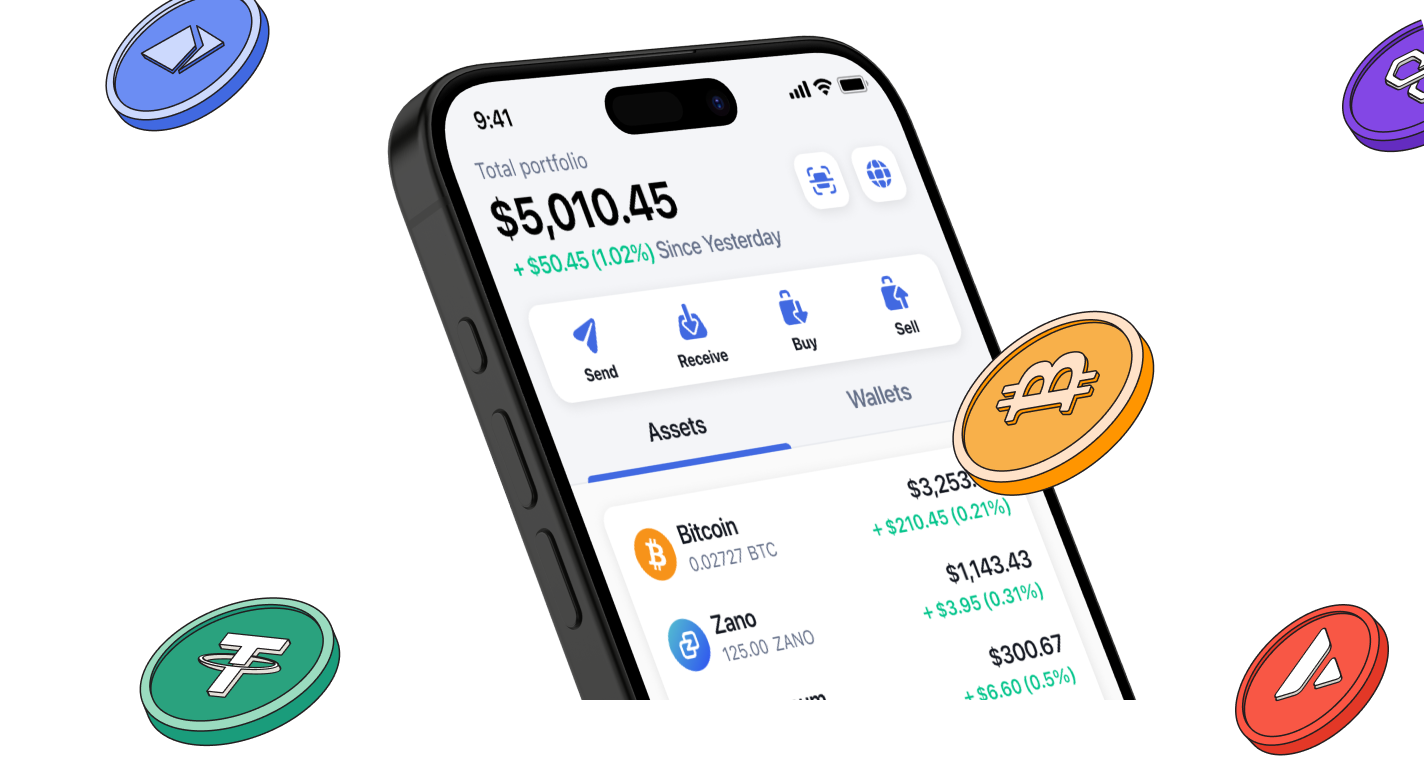
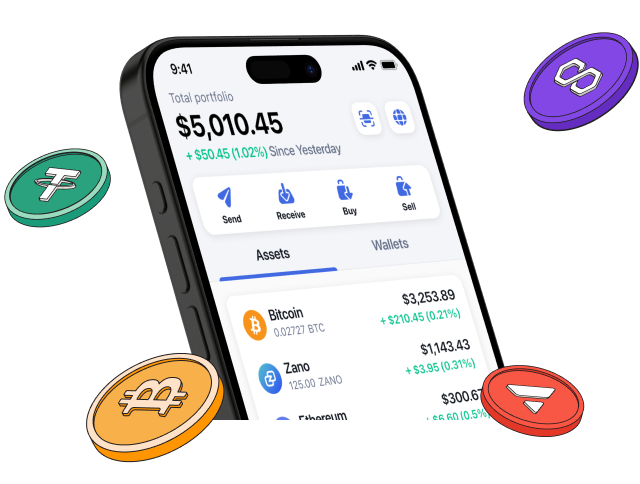
Start investing safely with the Bitcoin.com Wallet
Over wallets created so far
Everything you need to buy, sell, trade, and invest your Bitcoin and cryptocurrency securely

© 2026 Saint Bitts LLC Bitcoin.com. All rights reserved


